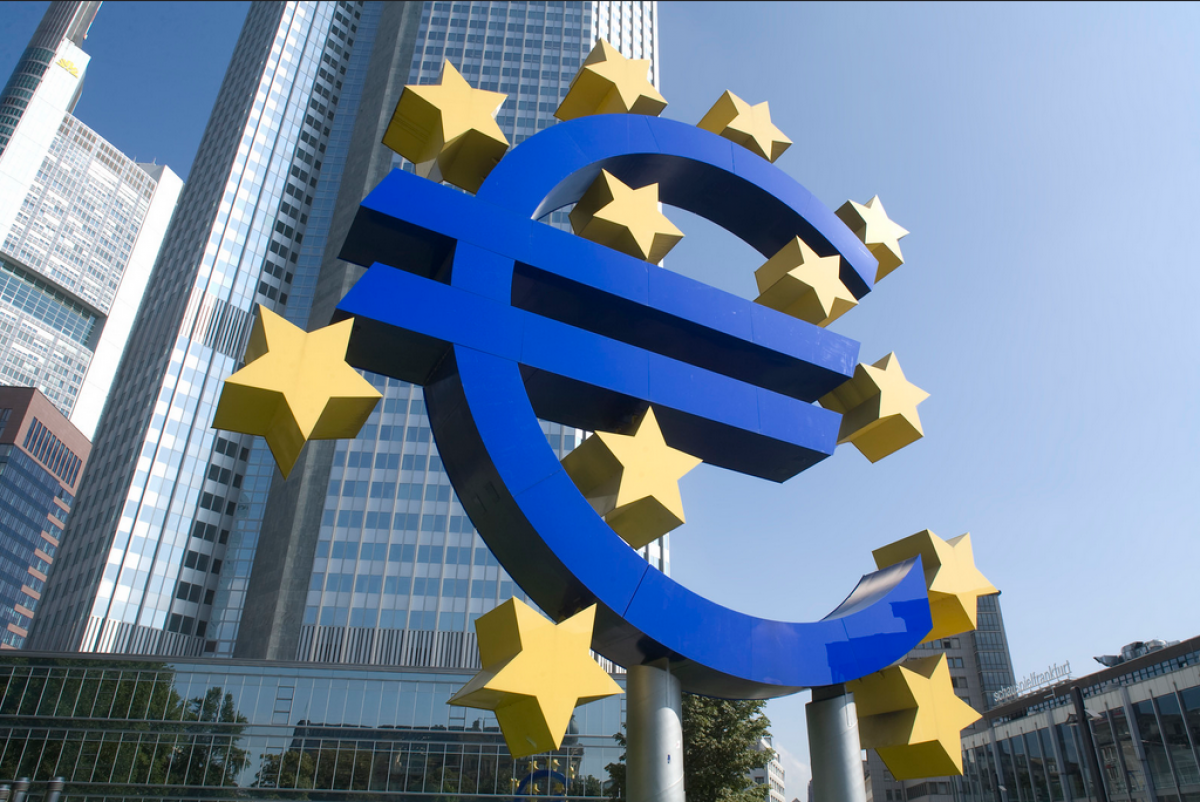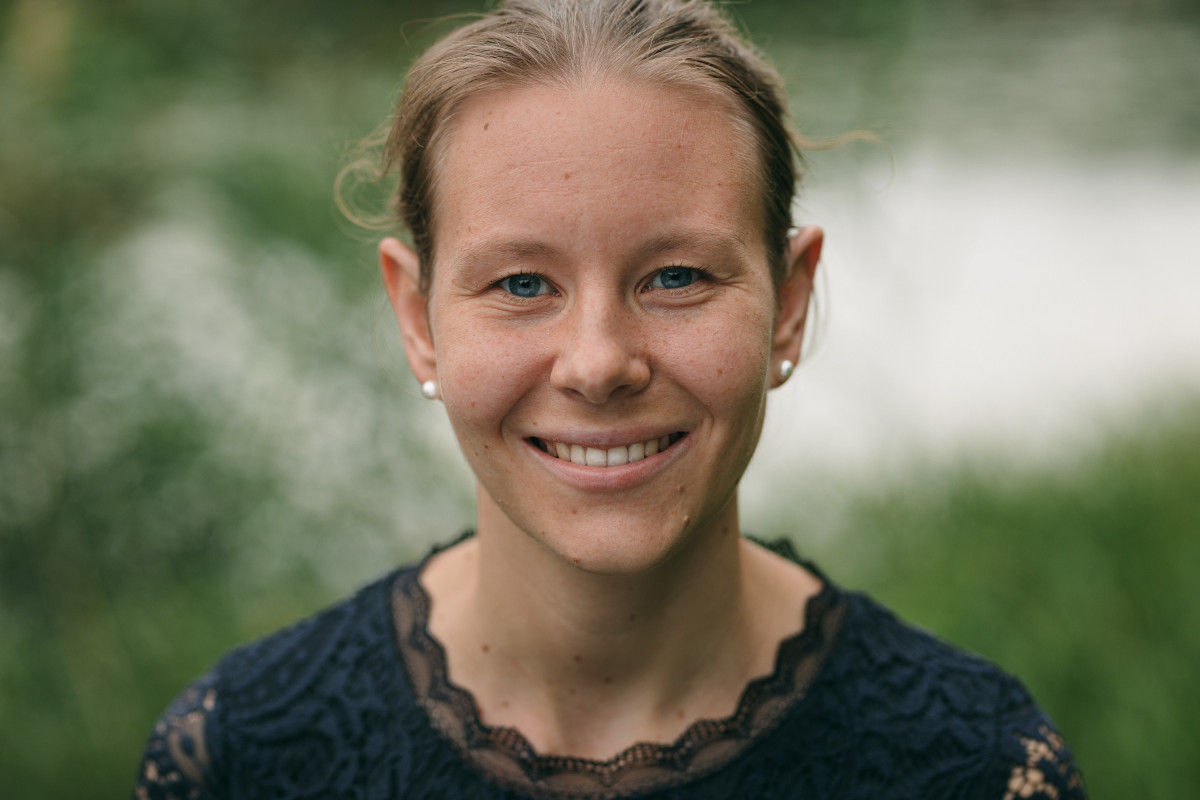Closing the transparency gap: Why sustainability disclosure is key to financing the climate transition
Standardised data processing has become a backbone of the modern world economy and provides the framework for comparing and evaluating the performance of employees, companies or even entire countries. But while the mechanisms used to collect and arrange data relevant for annual financial reports and budgets are well established, the non-financial aspects of economic activities are still much more ambiguous and often lack commonly accepted definitions needed to make them usable. If the goals of the Paris Climate Agreement are to be achieved, this has to change – and fast. Reaching the climate targets will hinge on the quality and acceptance of data on actual emissions, while more transparency in business practices simultaneously helps achieving many other sustainability goals and provides investors with a more accurate understanding of the companies they might put their money in.
Journalists who want to be ahead of the curve in this decisive arena of international climate action are invited to connect with sustainable finance experts and learn more about the rapidly evolving world of sustainability disclosure. In our second web event in a series on sustainable finance, we aim to:
- Outline the perils of the current “transparency gap”
- Help journalists understand the various efforts already being made to close it
- Show how disclosure fits into the broader picture of the seismic sustainability change in global finance
- Provide access to a wide range of experts and institutions to assist you in your work
AGENDA
| 15.00 - 15.10 |
Welcome and opening words By Benjamin Wehrmann, Clean Energy Wire |
| 15.10 - 15.30 |
The case for sustainability disclosure and its role within the EU policy framework By Ingmar Juergens, Co-founder and CEO of Climate & Company and Sherpa in the EU Platform on Sustainable Finance Key questions: - Why is disclosure a central pillar of sustainable finance? - How can companies cope with the rise of sustainability reporting standards? - Where does the EU stand on corporate reporting standards?- What are current topics under discussion? Followed by Q&A |
| 15.30 - 15.50 |
International developments and harmonising international disclosure standards By Blerita Korca and Katharina Erdmann, Climate & Company Key questions: -What is the state of play worldwide and what are the trends? -Who are the main players in standardisation and where do they differ? -Are we headed for a global competition or an alignment of standards? Followed by Q&A |
| 15.50 - 16.10 |
A research perspective on sustainability disclosure: key findings & blind spots By Frank Schiemann, University of Bamberg - What are the main building blocks of disclosure regulation? - What does science tell us: What are the effects of disclosure requirements for companies, the environment and society? - The question of materiality: How can we identify the issues of sustainability that companies should report about? - The question of scope: Which companies are targeted by the sustainability disclosure requirement? And which companies should be targeted? Followed by Q&A |
| 16.10 - 16.25 | Discussion and Q&A |
| 16.25 - 16.30 | Conclusion and outlook |
Speakers
Ingmar Juergens, managing director of Climate&Company, is one of the pioneers of carbon finance and one of the most experienced experts in the field of climate economics and sustainable finance. Having spent most of 2002-2017 in increasingly responsible positions with the OECD, the UN (FAO) and the EU Commission, Ingmar is amongst the very few experts covering the entire range of climate policy and finance dossiers, from adaptation, to mitigation, finance and policy to the modelling of climate change impacts and the economics of climate change. A champion of evidence-based decision making, Ingmar has kept his analytical edge throughout his career, publishing applied work about climate policy, finance and economics in areas spanning from land use, to industry, the energy sector and financial markets.
Dr. Blerita Korça recently concluded her Ph.D. studies at the University of Trento in Italy, where she is a researcher on the topic of ESG disclosure and regulation in the European context, by employing both qualitative and quantitative research methods. During her Ph.D. journey, Blerita published in peer-reviewed journals and presented her work to international conferences. Furthermore, she has been engaged in teaching activities at the University of Trento both in financial accounting and social accounting courses.
Katharina Erdmann works as an analyst for Climate & Company on topics of international sustainable finance and is leading the project “Comparative assessment of sustainability reporting in EU partner countries, including the members of the International Platform on Sustainable Finance (IPSF)”. Being passionate about transforming the financial system to shape a sustainable future, she is working on solutions to enhance transparency on sustainability-related aspects.
Prof. Dr. Frank Schiemann is Professor at the Faculty of Social Sciences, Economics, and Business Administration at the University of Bamberg. He is, amongst other, member of the Sustainable Finance Research Platform and of the ad-hoc group “Sustainable Finance” of the Association of German Chambers of Commerce and Industry (DIHK). His research focusses on the international context of financial and sustainability-related consequences of sustainability reporting.





